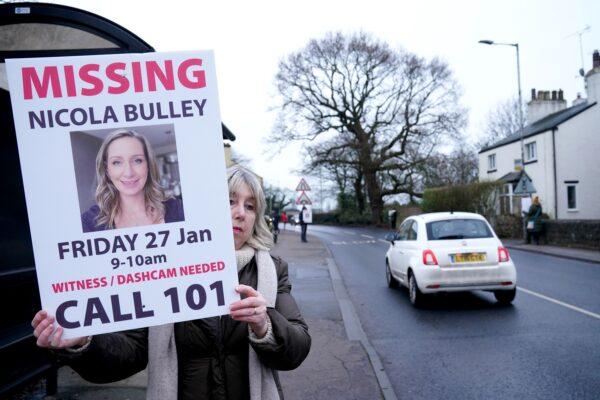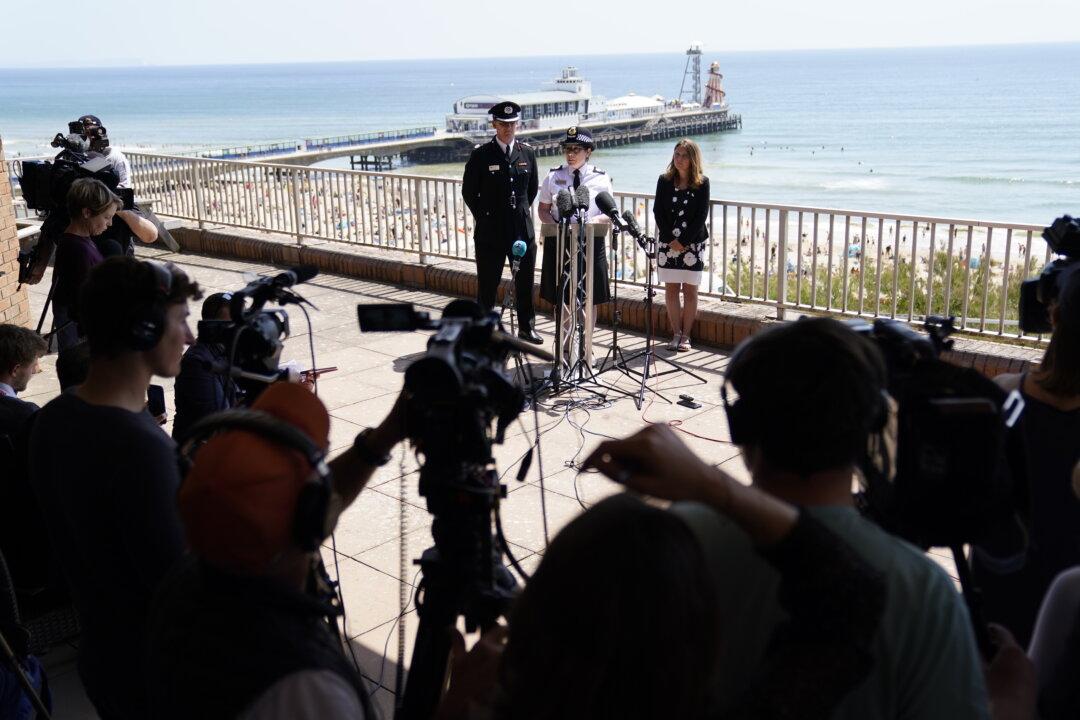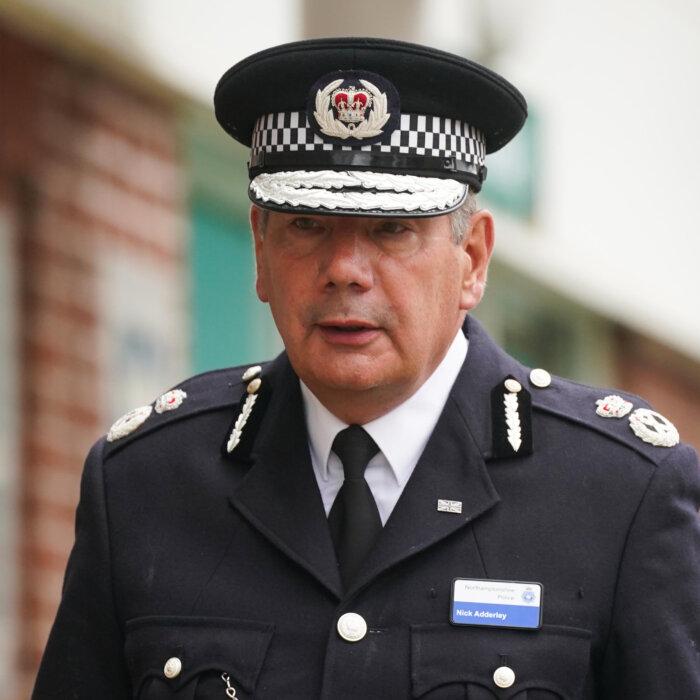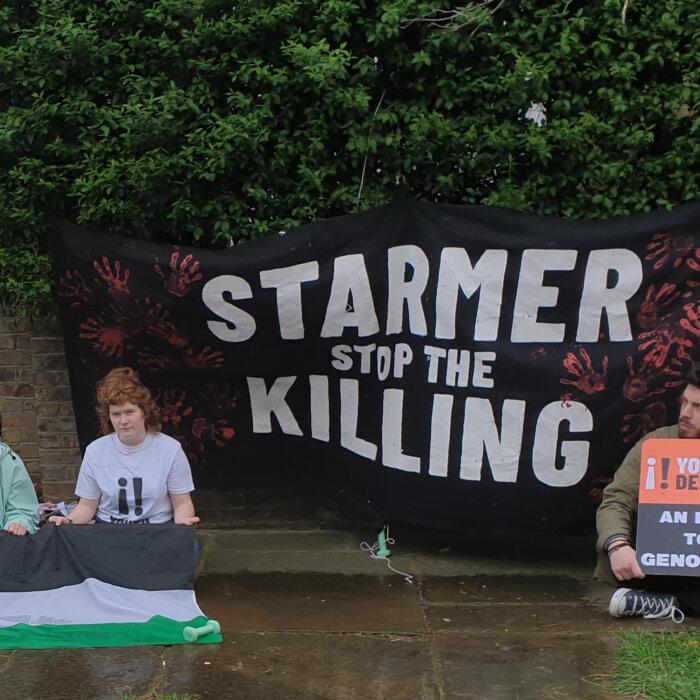The relationship between the police and the press has deteriorated badly in recent years and, “allowed speculation to run unchecked,” according to a report by three media groups.
They have made 26 recommendations for improving the situation.
Last year the Conservative MP Tobias Ellwood criticised Dorset Police for a lack of clarify after two children, aged 12 and 17, died off Bournemouth beach in an incident, which he said led to, “wild speculation on social media.”
Earlier this year an independent College of Policing review of the investigation into Nicola Bulley’s disappearance in January 2023 said a “fractured” relationship between Lancashire Police and the media.
The chair of the CRA, Rebecca Camber, who authored the report, said, “The relationship between the press and police is broken and must be rebuilt.”
“The Nicola Bulley investigation review revealed for the first time that this isn’t just an issue for journalists, it is a problem for police and ultimately the public who have lost faith in ordinary officers who put their lives on the line every day to keep us safe,” she added.
She said, “There are major benefits for forces in opening up and being more transparent about officers’ work.”

“Fundamentally, the police and the media need to start talking to each other again, trusting each other, telling the public about some of the heroic, often thankless work police do, day-in-day-out,” added Ms. Camber, who is the Daily Mail’s crime and security editor.
Before 2011 when the News of the World collapsed—amid claims of among other things, a corrupt relationship between police officers and the newspaper—police officers and journalists would regularly share information and detectives would give background briefings on cases, including ongoing trials.
But following the revelations, and especially after the Leveson Inquiry, police chiefs such as the-then Commissioner of the Metropolitan Police, Bernard Hogan-Howe, began forbidding officers from talking to the media and ordered every communication to be vetted by the force’s press office.
The relationship in London improved slightly after Mr. Hogan-Howe left in 2017 and was replaced by Dame Cressida Dick.
- The killings of two university students and a caretaker in Nottingham in June 2023 by Valdo Calocane, which was wrongly linked on social media to rumours of a bomb in the city.
- During the attack on the Palace of Westminster in 2017 which led to the death of PC Keith Palmer, political reporters who witnessed the incident rang the Metropolitan Police for confirmation and were told, “just look on Twitter for updates.”
- An evacuation of Oxford Circus in 2018 created a panic on social media when combined with reports of an explosion, which turned out to be just a car backfiring.
“We believe the media could be part of the solution for policing if we work together to rebuild the public’s trust and confidence,” she added.
The report called for the police to hold on-and-off-the-record press briefings on major incidents and should email press releases on major incidents, rather than expect reporters to keep track of what they post online.
Dawn Alford, executive director of the SoE, said, “The College of Policing has rightly recognised that urgent action is needed to re-set and rebuild the relationship between the police and the media which, for too long, has been mired by wrongful perceptions and mistrust.”
“Our joint report offers some key recommendations that would help restore trust and a better working relationship between officers and journalists for the ultimate benefit of the public,” she added.
Next week the National Police Chiefs’ Council has arranged a round-table meeting to discuss how to improve the police’s relationship with the press.







